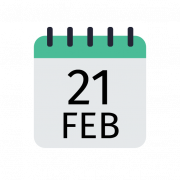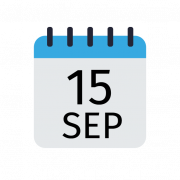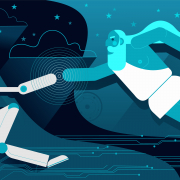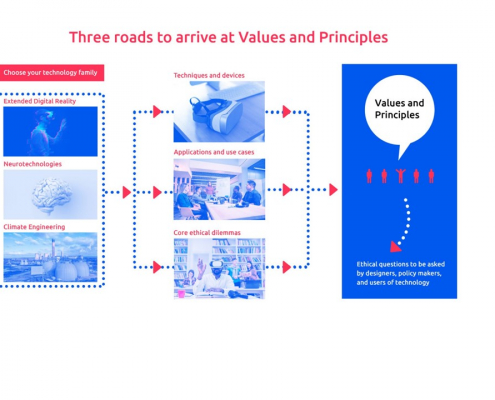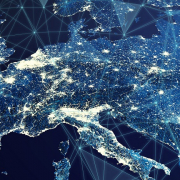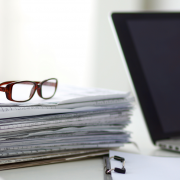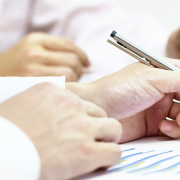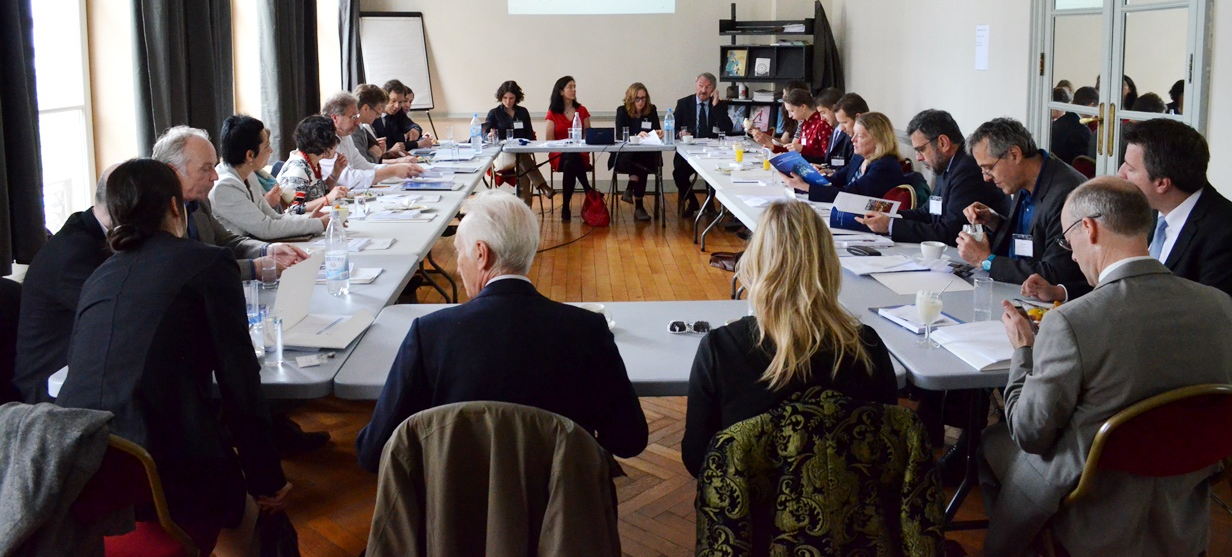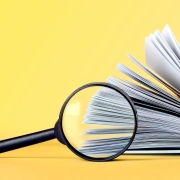Posts
Permanent Working Group on Science and Ethics Meeting
Members of ALLEA Permanent Working Group on Science and Ethics meet in September 2022.
New Report Explores the Ethics of Digital eXtended Reality, Neurotechnologies, and Climate Engineering
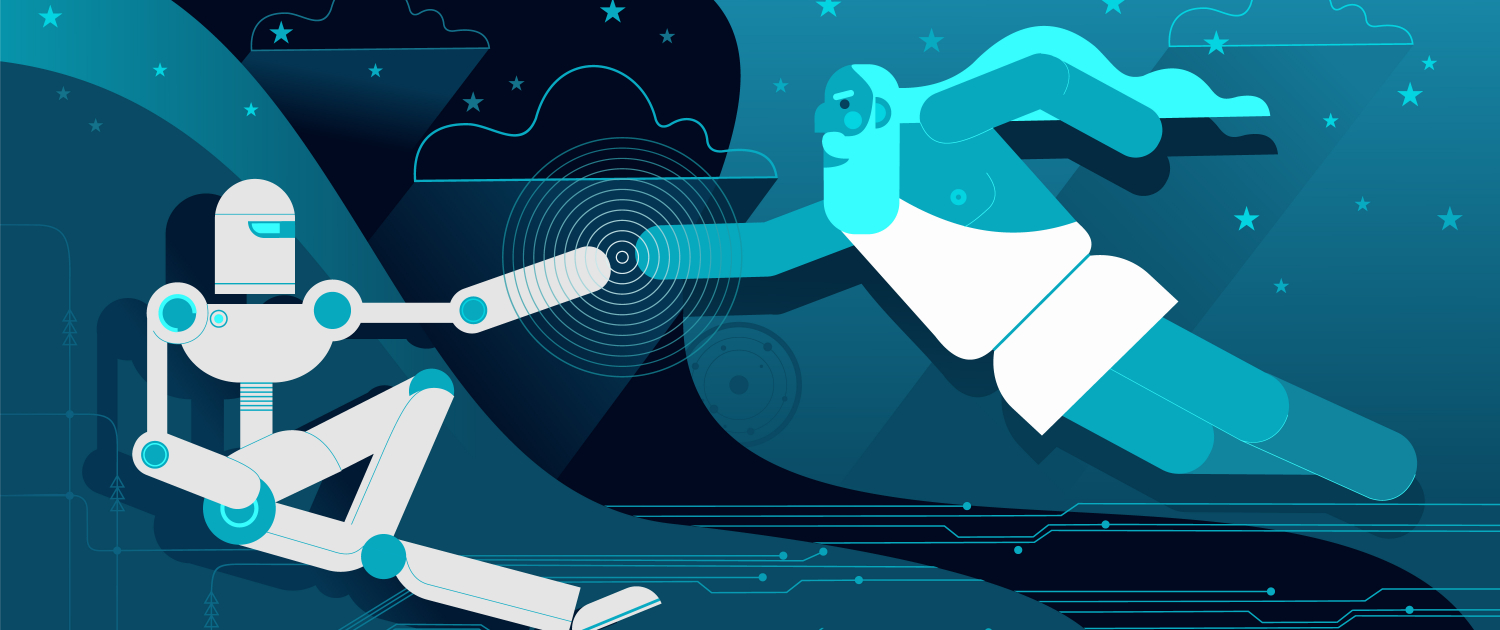
TechEthos project publishes two analyses of the ethics and laws applicable to the three technology families under study
In June 2022, TechEthos (Ethics for Technologies with High Socio-Economic Impact), a Horizon 2020-funded project, published a draft report on the ethical issues that need to be considered for the three technology families under study:
- Digital eXtended Reality, including the techniques of visually eXtended Reality (XR) and the techniques of Natural Language Processing (NLP)
- Neurotechnologies
- Climate Engineering, including Carbon Dioxide Removal (CDR) and Solar Radiation Management (SRM)
The report, co-authored by tech ethicist Laurynas Adomaitis and physicist Alexei Grinbaum at the Commissariat à l’Énergie Atomique et aux Énergies Alternatives (CEA), along with Dominic Lenzi from the University of Twente (TU), is currently under review by the European Commission. It is based on literature studies, original research, expert consultation, and digital ethnographies.
In addition to briefly describing the technologies in each family, the report identifies core ethical dilemmas, describes key applications and case studies, and identifies ethical values and principles in line with the “ethics by design” (the implementation of ethical, legal, and societal values and principles from the conception to implementation stages of technology design) methodology, provides operational checks and balances for each value/principle in the form of questions, and outlines mitigations strategies for the same.
The 142-page report is structured into four chapters, which include an introduction into technology ethics and cross-cutting issues in the three technology families, and a deep-dive into each one. Some examples of the ethical issues unique to the different technologies include:
- The impact of digital eXtended Reality on the values and principles of transparency, dignity, privacy, non-manipulation, and responsibility, as well as their relevance for the analysis of risk reduction, environmental impact, dual use and misuse, gender bias, and power and labour relations
- The lack of human-like reasoning or understanding in NLP systems, spontaneous anthropomorphisation of chatbots, and the influence of artificial emotions on human users
- The impact of neurotechnologies on the values and principles of autonomy, responsibility, privacy, risk reduction, and informed consent
- The potential for less costly, but less effective climate engineering solutions to divert resources away from more sustainable, but more expensive initiatives
- The potential for climate engineering to be more wasteful
Beyond the well-researched and in-depth analysis of the conceptual arguments, there are also helpful use cases and questions that stakeholders can ask when dealing with the ethics of the technologies in each family.
Analysis of international and EU law and policy applied to Digital eXtended Reality, Neurotechnologies, and Climate Engineering
In July 2022, following the analysis of the ethical dilemmas inherent to each technology family studied by TechEthos, a second draft report was published, which delved into the international and EU laws and policies for their relevance and applicability to Digital eXtended Reality, Neurotechnologies, and Climate Engineering. Although there is no dedicated EU or international law governing these three technology families, there do exist several legal frameworks that could be applied to them.
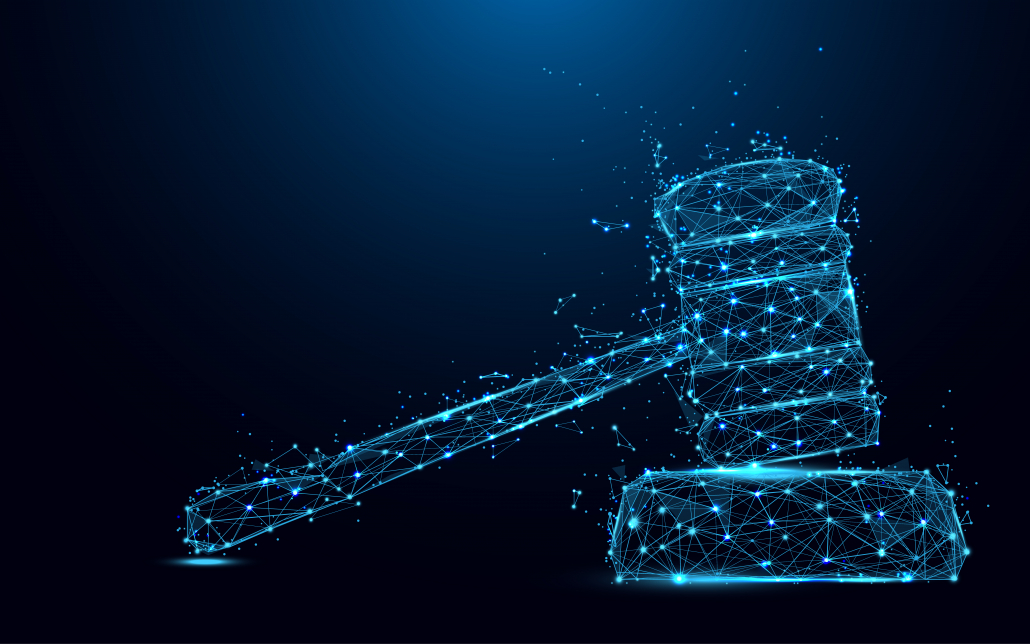 The report serves to review these legal domains and related obligations at international and EU levels, identifies the potential implications for fundamental rights and principles of democracy and rule of law, and reflects on issues and challenges of existing legal frameworks to address current and future implications of the technologies. The 242-page report covers human rights law, rules on state responsibility, environmental law, climate law, space law, law of the seas, and the law related to artificial intelligence (AI), digital services and data governance, among others as they apply to the three technology families.
The report serves to review these legal domains and related obligations at international and EU levels, identifies the potential implications for fundamental rights and principles of democracy and rule of law, and reflects on issues and challenges of existing legal frameworks to address current and future implications of the technologies. The 242-page report covers human rights law, rules on state responsibility, environmental law, climate law, space law, law of the seas, and the law related to artificial intelligence (AI), digital services and data governance, among others as they apply to the three technology families.
The report was co-authored by Nicole Santiago, Ben Howkins, Julie Vinders, Rowena Rodrigues, and Zuzanna Warso from Trilateral Research (TRI), Michael Bernstein from the AIT Austrian Institute of Technology, and Gustavo Gonzalez and Andrea Porcari from the Associazione Italiana per la Ricerca Industriale (Airi). It aims to present an evidence base for the TechEthos project’s development of recommendations for policy and legal reform, and is currently being reviewed by the European Commission.
—————————————————————–
TechEthos is led by AIT Austrian Institute of Technology and will be carried out by a team of ten scientific institutions and six science engagement organisations from 13 European countries over a three-year period. ALLEA is a partner in the consortium of this project and will contribute to enhancing existing legal and ethical frameworks, ensuring that TechEthos outputs are in line with and may complement future updates to The European Code of Conduct for Research Integrity.
ALLEA Welcomes Council Conclusions on Research Assessment and Open Science
ALLEA welcomes the adoption of the Conclusions on Research Assessment and Implementation of Open Science by the Council of the European Union on 10 June. See ALLEA’s full response here.
The Conclusions are in agreement with points that ALLEA has made over the years, in particular on the necessity of appropriately implementing and rewarding open science practices and the development of research assessment criteria that follow principles of excellence, research integrity and trustworthy science.
At the same time, ALLEA continues to stress that it matters how we open knowledge, as the push for Open Access publishing has also paved the way for various unethical publishing practices. The inappropriate use of journal- and publication-based metrics in funding, hiring and promotion decisions has been one of the obstacles in the transition to a more open science, and furthermore fails to recognize and reward the diverse set of competencies, activities, and outputs needed for our research ecosystem to flourish.
ALLEA therefore welcomes the principles set out in the Conclusion for designing novel approaches to research assessment, with particular weight on recognizing (1) the critical role for peer review in research assessment and (2) the importance of integrity and ethics in developing criteria focused on quality and impact.
ALLEA underscores that the described reforms are urgently needed and require concerted efforts from the international academic community, supported by infrastructures for exchanging best practices as well as the necessary financial resources to implement these.
ALLEA-GYA Event Report on Research Assessment Published
ALLEA and the Global Young Academy (GYA) have published a report covering the key takeaways of their webinar ‘Research Assessments that Promote Scholarly Progress and Reinforce the Contract with Society’. The event brought together science and policy stakeholders to rethink current research assessment models.
The report tackles three main questions debated by presenter Ellen Hazelkorn (BH Associates) and discussants Kostas Glinos (European Commission), Michael Hill (DORA Steering Committee), and Martin Dominik (Global Young Academy):
- How can we strike a balance between funding of research to advance scientific progress in itself on the one hand, and public accountability in terms of societally relevant research on the other when assessing research?
- How can the societal relevance of research best be assessed and who defines the criteria?
- How should research assessment be done?
Among other messages, the report underlines that:
- All research that significantly adds to the scholarly record holds the potential of being translated into concrete value for society sooner or later, although not necessarily by those who originally carried out that research.
- Societal accountability covers a wide sphere of impact, hence there is a need to include researchers from the social sciences and people with expertise on social impact, as well as co-expertise between researchers and lay-people.
- Meaningful assessments will need to respect and be tailored to a specific context, provide an answer to a concrete question, and meet the aim of the assessment.
The report is based on a webinar held on 25 November 2020 and moderated by Roger Pfister (Swiss Academies of Arts and Sciences). The video can be watched on ALLEA’s YouTube channel. The work was led by the ALLEA Permanent Working Group Science and Ethics.
This project is part of a strategic partnership between ALLEA and the GYA, which seeks to strengthen cross-border collaboration between researchers from different age groups, disciplines and career stages. Building on and further consolidating existing forms of cooperation, both organisations aimed to analyse and rethink current research assessment models, as well as scientific publication and peer-review practices.
Shaping the Future of Peer Review
ALLEA, the Global Young Academy (GYA), and STM (International Association of Scientific, Technical and Medical Publishers) published today the summary of a series of cross-sectoral workshops on the future of peer review in an open, digital world.
Experts from across the world, representing different cultural and disciplinary traditions of peer review, convened virtually in November 2020 to discuss the future of peer review in an Open Science environment. Participants explored which models can best serve and reward the research community in both an enhanced and sustainable way.
Peer review is an essential element of scholarly communication and documentation processes and contributes to ensuring the quality and trustworthiness of modern research. The traditional models of peer review are, however, challenged by new digital modes of publication, and the wider range of research outputs envisaged as part of the move towards Open Science.
The workshops comprised a broad array of experts and actors including researchers, research funders, universities, publishers, libraries, the Open Science community and trade bodies. Main themes and areas for further consideration that emerged during the discussions included:
- Clarifying peer review and the roles of different actors in the system
- Building capacity for peer review: training, mentoring, inclusion and diversity
- Leveraging technology to deliver enhanced peer review
- Changes should be motivated by a strong evidence-base, collected through research, pilots and experimentation
New ALLEA Working Group Chairs on Science & Ethics and E-Humanities
Two new chairs have been elected in ALLEA’s working groups. In the Permanent Working Group Science and Ethics, Dr Maura Hiney (Royal Irish Academy) is taking over from Prof Göran Hermerén (Royal Swedish Academy of Letters, History and Antiquities), who held the role since 2012. The E-Humanities Working Group elected Dr Maciej Maryl (Institute of Literary Research of the Polish Academy of Sciences), who succeeds Dr Natalie Harrower (Royal Irish Academy).
Dr Hiney has a PhD in Molecular Diagnostics and Epizootology from the National University of Ireland Galway. She has previously been a member of the working group and was lead author of the revised European Code of Conduct for Research Integrity in 2017. She is currently Head of Post-Award and Evaluation at the Health Research Board Ireland.
After being appointed Dr Hiney said: “Becoming Chair of this Working Group is an honour that presents me with a fantastic opportunity to build awareness and policy visibility across Europe and within the European Commission about issues of ethics and research integrity that impact the quality and credibility of the rich outputs of the research community. Such trust in science by policymakers and the public is more important now than ever before.’’
Furthermore, Dr Maryl, PhD, is assistant professor at the Institute of Literary Research of the Polish Academy of Sciences and founding Director of the Digital Humanities Centre at the Institute of Literary Research of the Polish Academy of Sciences. He is a literary scholar, sociologist and a translator.
ALLEA warmly thanks Prof Hermerén and Dr Harrower for their long-standing commitment and service to their working groups.

